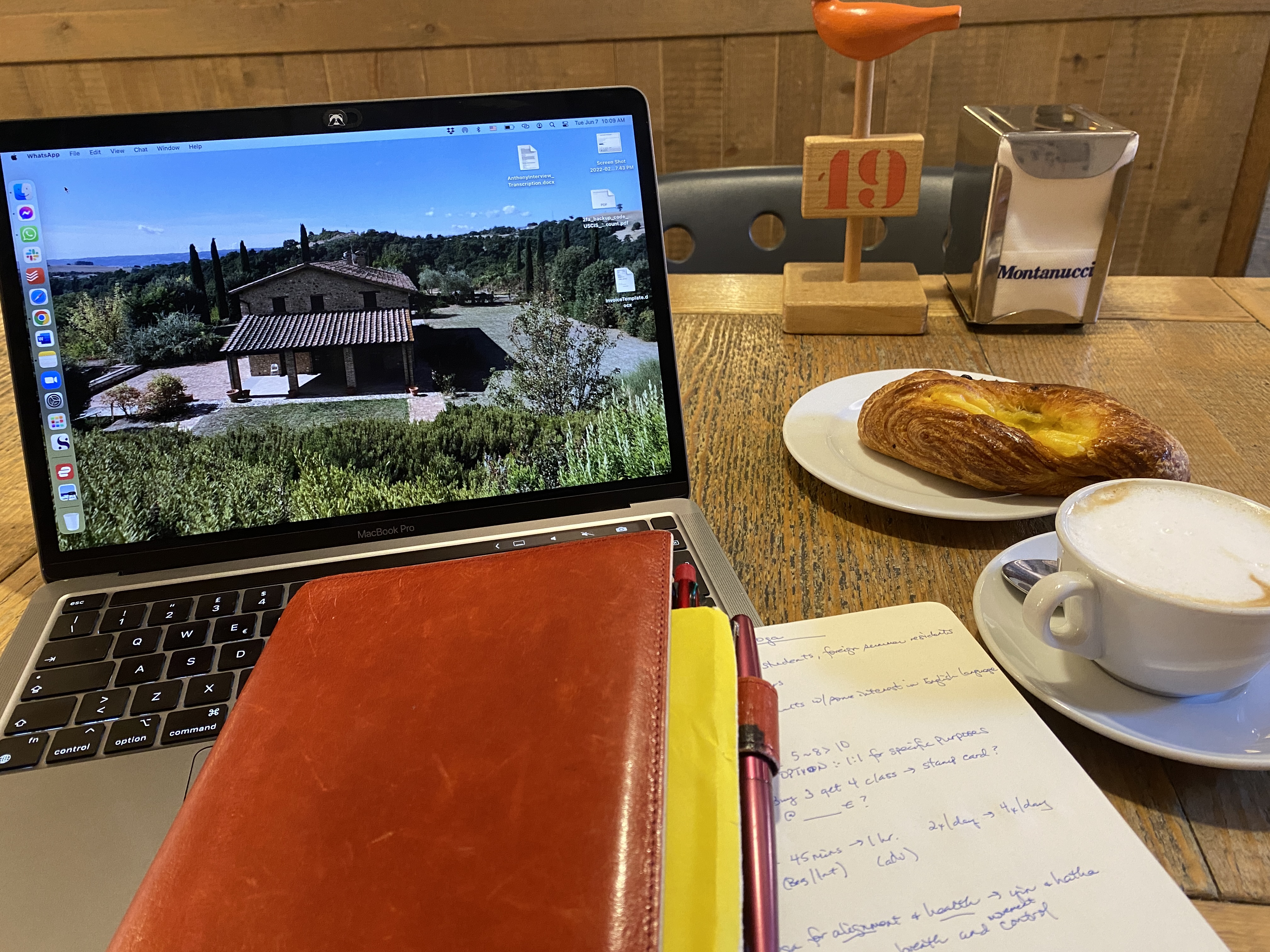The other day, I messaged with a writing adoptee friend as part of our regular check-ins with each other. She replied back that my list of goals and activities for the next two weeks made her exhausted reading it, to which I laughed. For me, it didn’t feel like much.
When one lives with a high-octane, super-charged speeding bullet train partner, anything else that anyone who is not him does may be considered as “not much”. While this can be very motivating to stay productive and active, it also has its downsides when it comes to more personal matters — especially for an introvert who needs time to process, recharge, and take action. There are times when the one-tracked fast train feels the need to play chicken with the multiple-stop slow-paced one.
It is in the game that I struggle. I dislike being pushed. I hate being made to feel stupid, wrong, or disrespected for my method, my way of thinking, my way of behaving. Furthermore, I feel hurt when things I share about myself are immediately turned against me in a joke, and then told that it is “what we do” when we banter.
We do banter. We don’t use the same tactics.
When the game is presented on his terms, there is no doubt as to who the victor will be — exactly as he wants it. It’s a power game.
Unfortunately, the power game also includes presenting himself as a victim so that it seems that I am the one not playing fairly, not playing according to his rules, not playing correctly. In the victim role, he claims I take things out of context. He suggests I am overly sensitive. He laments that he cannot say anything, we cannot discuss anything, or I get upset. He claims his reactions are my reactions because he only wants to see them in me.
Never in this “game” is it suggested that HE has a role as well or that HE is the contributor to and source of the response.
So, I find myself tired. I find myself a little depressed. I find myself on the edge.
I know it is not a malicious pattern. I understand that the best course of action is to “let him” be the way he wants or needs to be and focus on my own reaction, well-being, etc. I am trying to focus on all of the positive and healthy ways of responding. However, it is not an easy task.
There’s a concern that one day we will find ourselves like I see my parents sometimes. Neither speak of their inner thoughts and feelings to the other. Both lonely in their souls as they live with the one to whom they’ve committed their souls whilst in this life cycle. Together, they are great administratively. It’s a safe space for them. Separately, they both crave connection in the heart. So, it is with this in mind that I try to maintain awareness and conscientiously react so as not to pave a worn path in this behavior. Yet, patterns seem to repeat against my will.
Do I just not engage at all? How does that, then, play out?
Do I engage with caution? Does it, then, seem as if I am playing a power game against my wish?
You can see how this is a complicated road to take.
So, for now, we avoid the unspoken. Naively, we probably both hope that it is just a phase that will pass and we will be able to tell each other everything about anything, behave as we always have, and bygones will be bygones.
At the moment, though, I crave growth and change in a positive, upward and forward direction. Fingers crossed, we will head that way together.
~T








 . We tend to roll our eyes
. We tend to roll our eyes at the boyish remarks made about flirtatious behavior or sexual attraction to another. We tend to get embarrassed
at the boyish remarks made about flirtatious behavior or sexual attraction to another. We tend to get embarrassed  by the talk unless it is in a joking manner. But, why?
by the talk unless it is in a joking manner. But, why? to any advances made.
to any advances made.  out of our vaginas once a month or that someday we will stop doing so. Therefore, why not share and commiserate as we transition in and out of these phases?
out of our vaginas once a month or that someday we will stop doing so. Therefore, why not share and commiserate as we transition in and out of these phases? 

 .
. .
. .
. 
 though. Because, while I am absolutely an advocate for open and honest communication, I realized that I definitely have requirements on the conditions in which I feel this can happen.
though. Because, while I am absolutely an advocate for open and honest communication, I realized that I definitely have requirements on the conditions in which I feel this can happen. 

 Perhaps, it is that I have no secrets from my family; therefore, I feel completely at ease discussing any topic with them whether it is in person, via Skype, or through writing.
Perhaps, it is that I have no secrets from my family; therefore, I feel completely at ease discussing any topic with them whether it is in person, via Skype, or through writing.